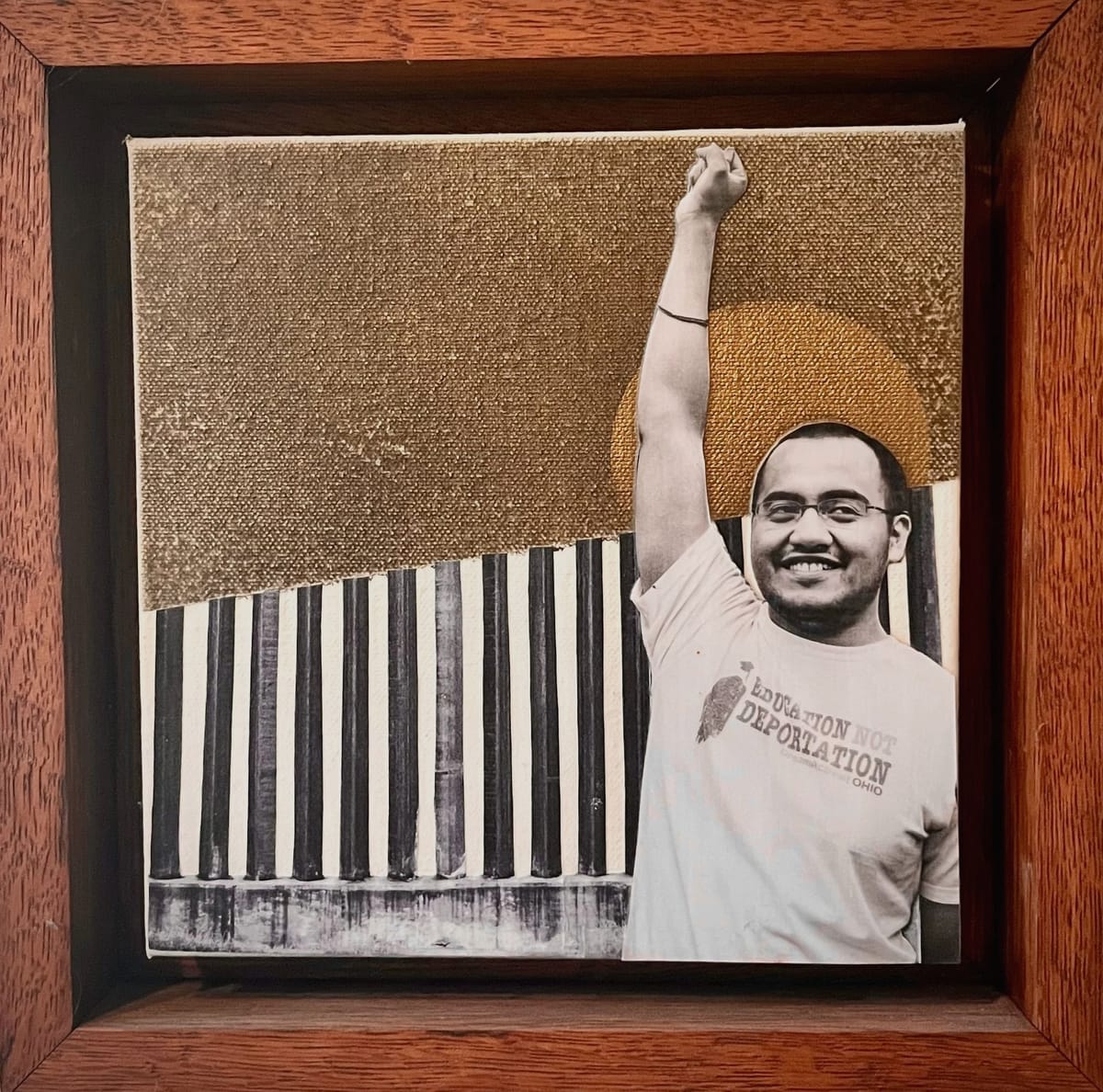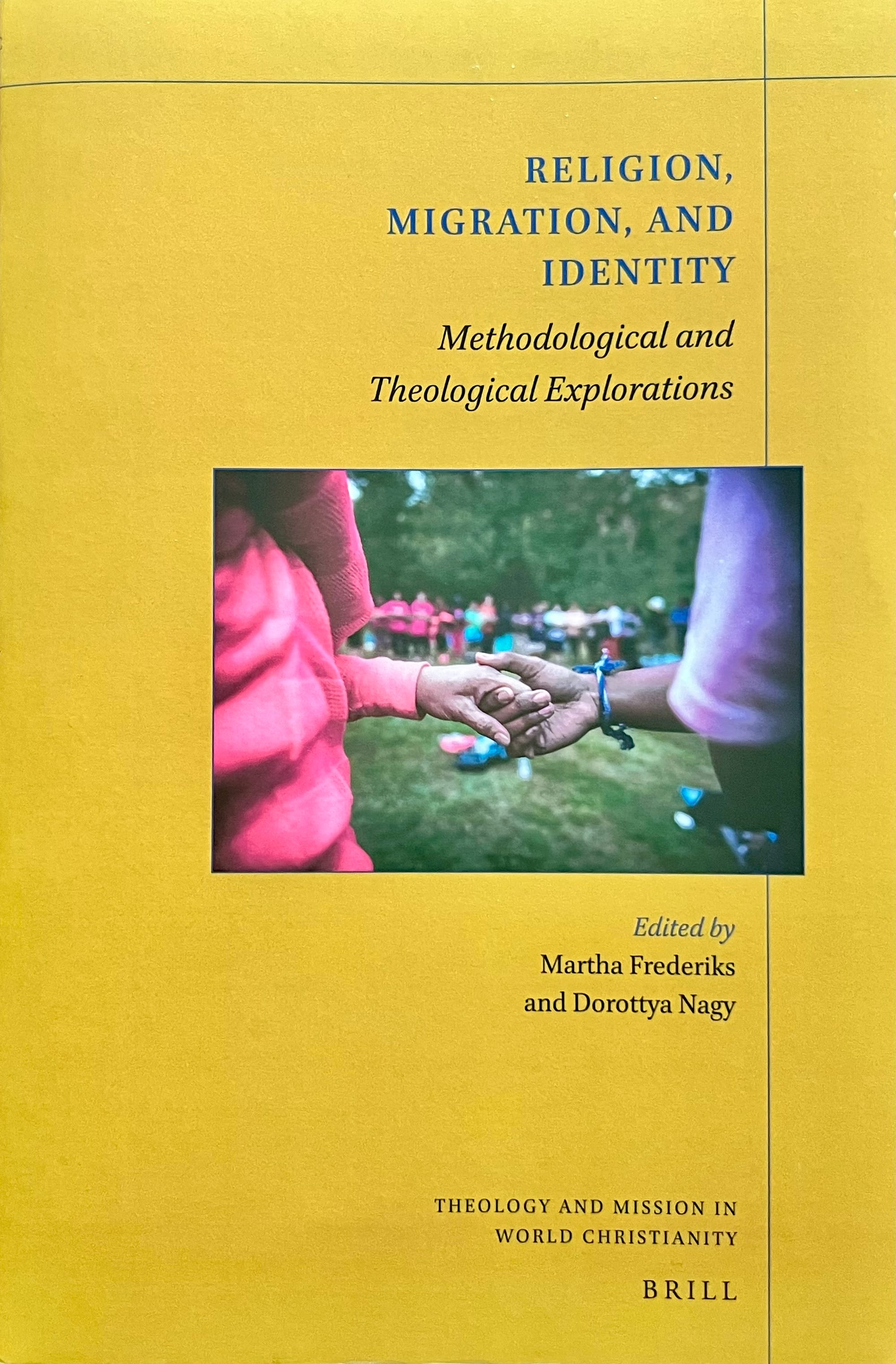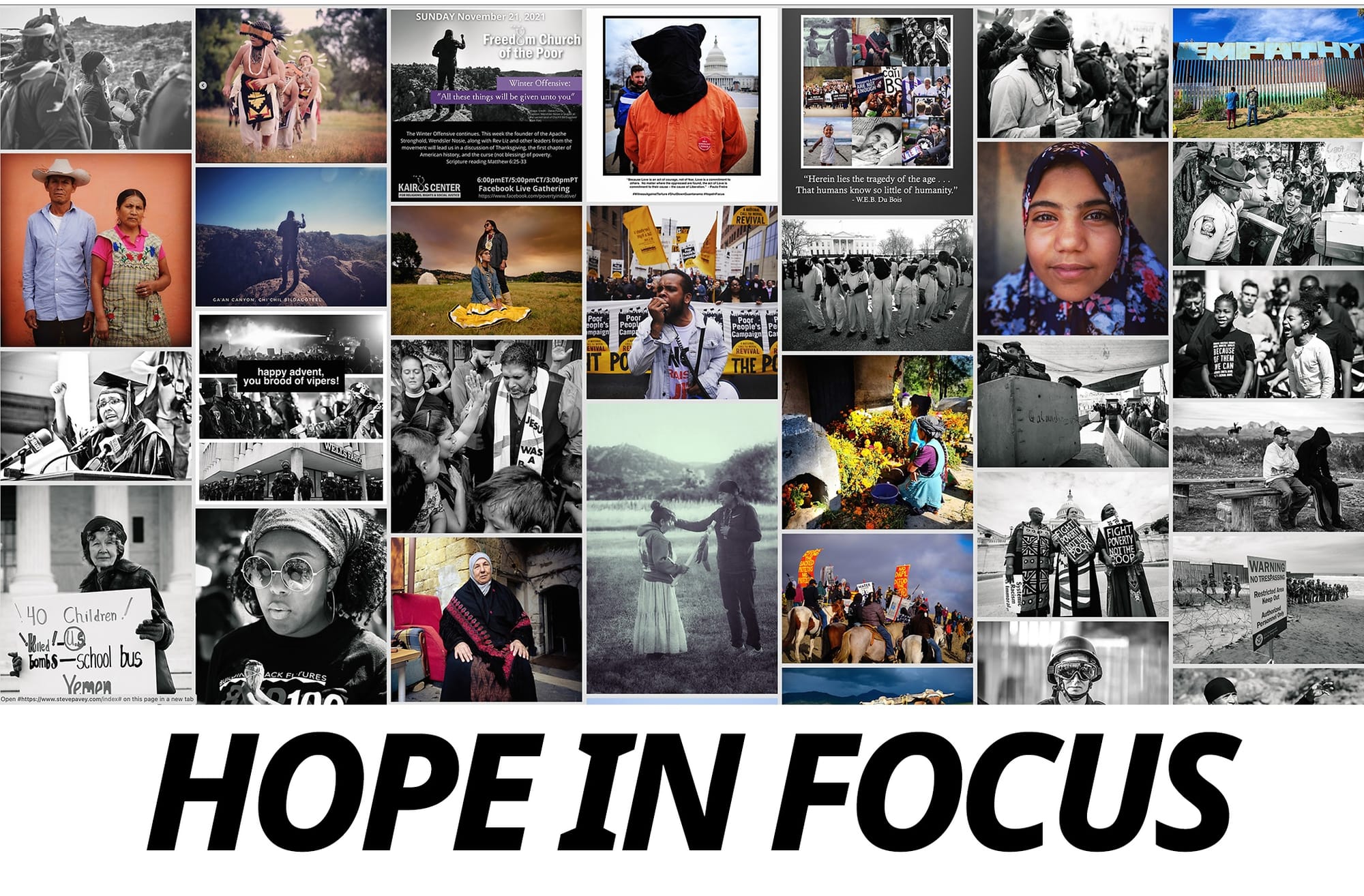“Make Holy the Bare Life”

Theological Reflections on Migration Grounded in Collaborative Praxis with Youth Made Illegal by the United States
In – Religion, Migration and Identity (published by Brill, 2016)
By Stephen Pavey and Marco Saavedra
"And if you cannot justify our present reality with your faith, then you will become illegal, too, and also irreconcilable with the present." – Marco
Abstract
Abstract
This chapter examines the vivencias en la vida cotidiana (everyday lived experiences) of undocumented youth activists in the USA at the intersection where dislocated “bare lives” encounter the hegemonic sovereign power of the nation-state (Agamben 1998). As nearly 2.1 million undocumented immigrant youth in the United States face the precarious reality of “learning to be illegal” (Gonzales 2011) and the threat of “deportability” (De Genova and Peutz 2010), a growing movement of undocumented youth fight for the dignity and liberation of their community while the light of their activism illuminates the majority who remain in the shadows. Based on three years of ethnographic research and action within the undocumented youth activist movement, this article utilizes a dialogical framework through collaborative and participatory based research methods to examine the theological dimensions of “illegal” and “bare” lives on the margins lived between the borders of citizenship and human dignity, between nation-states and the kingdom of God. The research and writing are grounded in a methodological and theological praxis with the marginalized, embodied most poignantly in the co-authors collaborative work and friendship.
Keywords
undocumented migration, nation-state sovereignty, bare life, participatory methods, Agamben
"Last month, I told Judge Bain that I did nothing wrong when I crossed the border at age three, and I was right. Yet this single truth took years to develop. If not for my friends, family and faith, I could not have gone before the law with the uncompromising position that the burden of proof was not on me and with the confidence that I could (we could) take on whatever decision came from the court—even a removal order—and fight it and win." – Marco (2013)
Part of Our Conclusion
. . . In 1968, James Baldwin was asked to address the World Council of Churches (WCC) on the black experience. I asked Marco and several other undocumented youth what they would say today to the WCC on the migrant experience. Marco affirmed Baldwin’s opening statement, and updates it with his own. Baldwin began by acknowledging he was not a theologian, but rather, his credentials for speaking was the reality that he was one of “God’s creatures.”
I address you as one of God’s creatures, whom the Christian Church has most betrayed. And I want to make it clear to you that though I may have to say some rather difficult things here this afternoon, I want to make it understood that in the heart of the absolutely necessary accusation there is contained a plea. The plea was articulated by Jesus Christ himself, who said, “Insofar as you have done it unto the least of these, you have done it all unto me” – James Baldwin (1968)

